Watching the film today, amidst the devastating news from Gaza and Rafah, has a truly strange effect, but if it was powerful when it was released six years ago, now The Tower is a punch in the gut, a tale that mixes tears and joy, pain and life. It tells the story of Wardi, an 11-year-old Palestinian girl, who lives with her family in a Lebanese refugee camp. She learns about her family’s history through stories told by three previous generations of refugees. We interviewed the film’s director, Norwegian Mats Grorud, to learn about how and where the project and story originated.
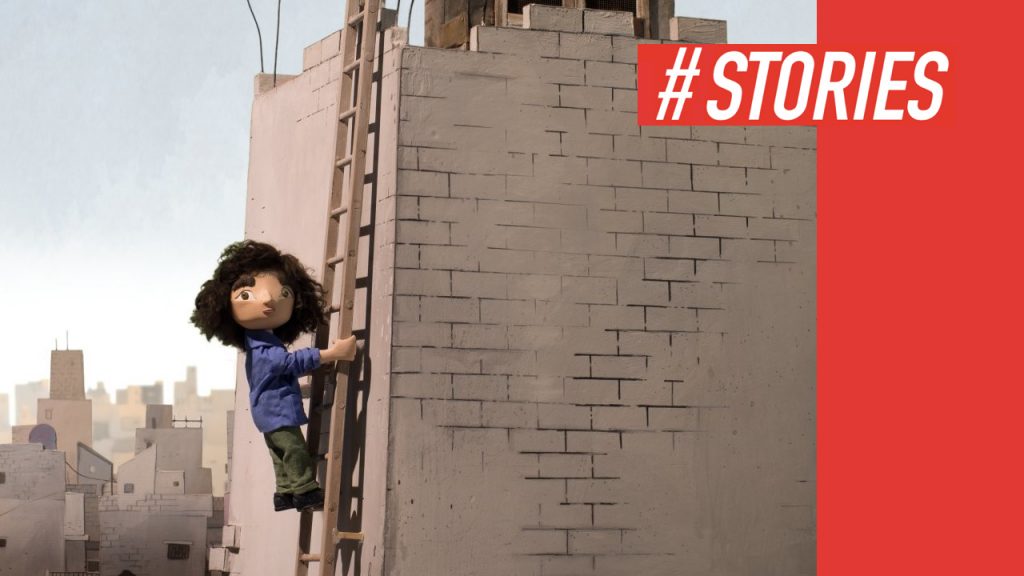
THE FIRST IDEA – “I lived one year in the Palestinian refugee camp of Bourj el Barajne, that ́s one of the 12 official camps established after the Nakba of 1948 – in Lebanon – after 2⁄3 of the Palestinian population were expelled or deported from their homeland. I was there as a solidarity worker, living inside the camp, and working with children. I was already doing animation – so the idea to make a film based on my experiences in the camp, was always there, but not the main reason at all. I started doing interviews with my friends and their families in the camp, in order to have material that I in some way or the other could use later in an animated documentary of some sort. The idea came from living in the camp, which is called Al Bourj or – literally – the Tower. So it ́s a homage to the camp.”
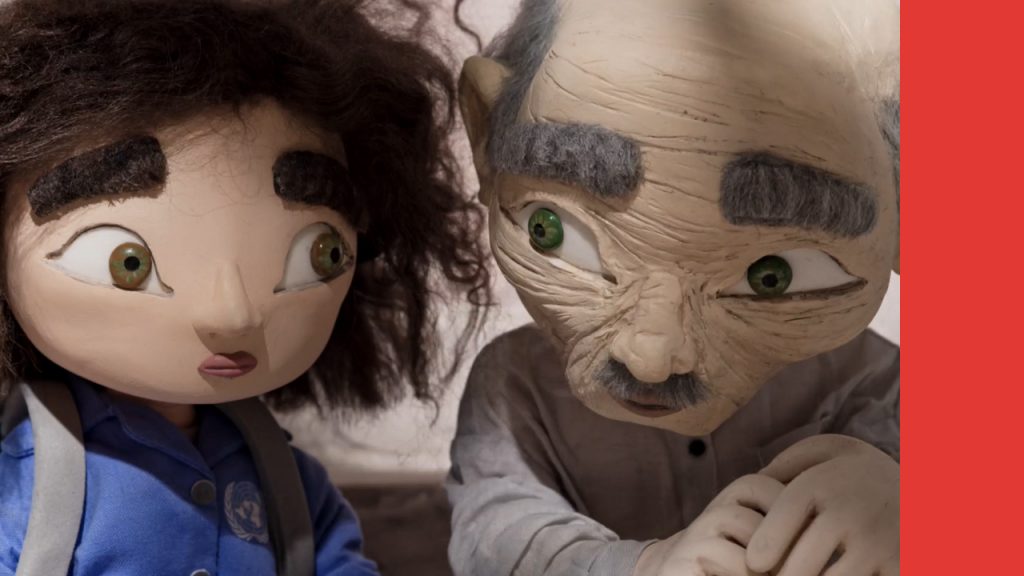
THE TOWERS – “The towers are the reality of the camp, which cannot grow, so when new generations are born, the only way to make space is upwards. I was also inspired by watching oral history project in the camp, where the young interviewed the great grandparents about having to leave Palestine. The children then made a theater of their interviews and the old watched. The old were crying and the young were too. This shared trauma of the Nakba which is something that doesn’t belong to the past, but keeps being the present for the Palestinians is something I wanted to catch. Yet their resilience, and ability to survive living in this difficult position, either as refugees inside or outside their homeland, forced to be silenced in Israel, or living under occupation in West Bank and Gaza.”
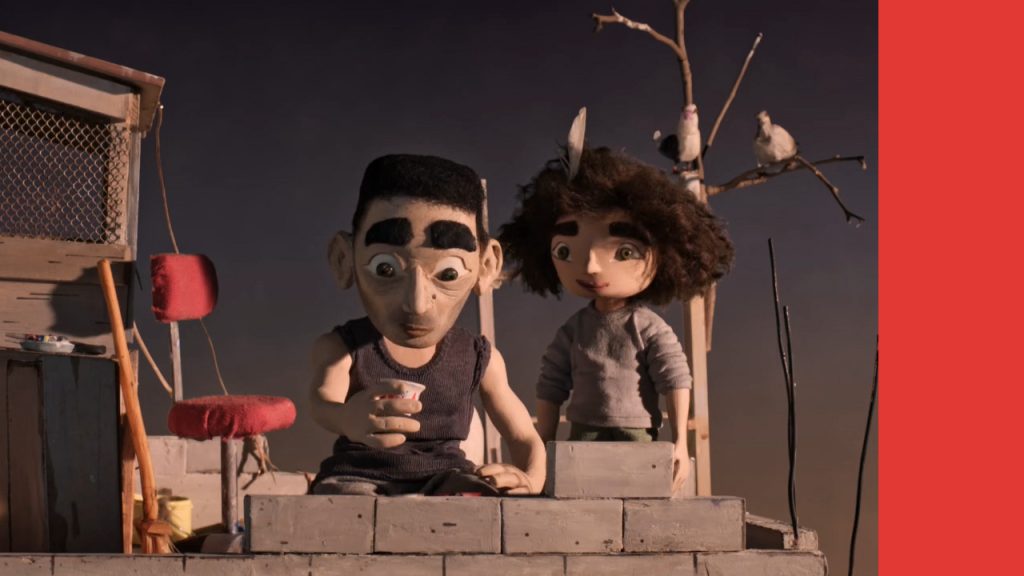
THE CAMP – “The film is an attempt to capture and show some of what I experienced in the camp: which is really about what we should learn from the Palestinians and what I experienced: about how people are close to one another, help each other, are social, sharing, and caring. I wanted to make a film about my intellectual, clever, poetic and beautiful friends, about joy and about the sorrow that always lies close to the surface. People’s lives are not tragic, but their situation and what happened to them is a tragedy, like Loutfi says in the film. I wanted to make a different film about Arabs, Palestinians, women, refugees, resistance fighters, than the image we normally are presented through Western media. I wanted to present an image that was as close as possible to the image my friends wanted to present of themselves, and how they perceived their history, present and future.”
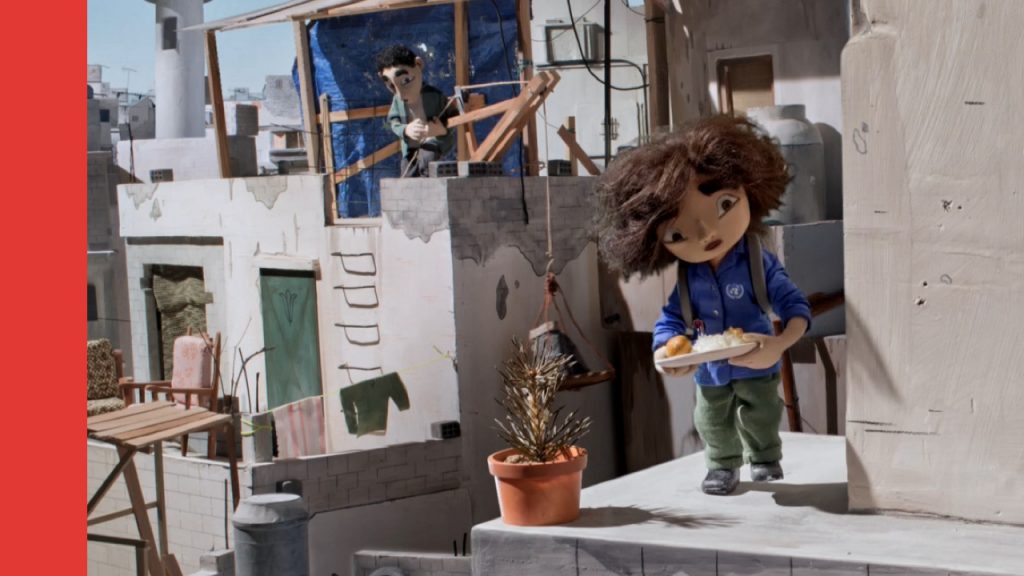
THE PRESENT – “This is a very big question, and also hard to say as we are in the middle of this very ugly, indiscriminate massacre of people – that targets women and children first. The Tower is about the hope and the future, and I have often thought about the reason Isarel is doing exactly what they are doing – killing the children is an attempt to kill the Palestinian ́s aspirations and dreams for the future. It ́s hard to put into words what I feel but it’s like a long dark tunnel, and a dam of sorrow that bursts and breaks into tears now and then… but that ́s always filled to the brim. If anyone can teach us about how it’s to live with this grief, I think it ́s people like the Palestinians that despite their suffering that ́s lasted now for 76 years, it ́s important to find ways we can live, and smile, and laugh, at the same time as we make space for feeling grief, and being able to fight both for our own lives, and for the lives of the Palestinians, as people in solidarity with their struggle.
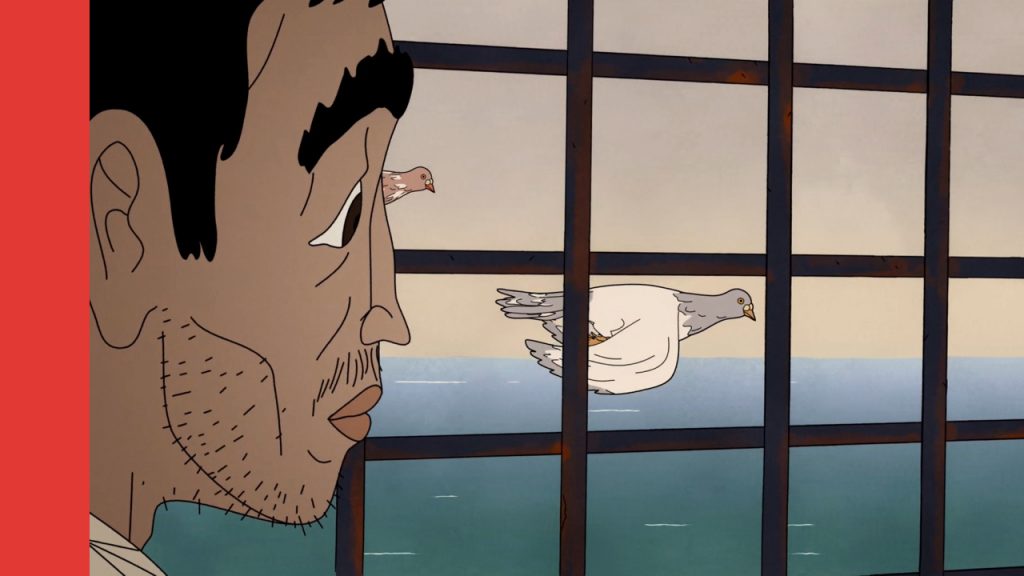
THE REACTION – “The Palestinians is whom I have showed the film the most to, and now I am trying to put into words other people’s thoughts: but from what people tell me, the film has an emotional impact beyond what you normally experience watching a documentary of fiction about Palestine. Animation, drawings and art has the power to reach and touch in perhaps other ways – so I think it’s a lot about having a witness to your history and your existence that’s important, a recognition and a feeling of being seen and heard, and I think in parts, hopefully the film creates a space you can step into and let your guard down, and just allow yourself to feel what you feel, whether it’s sadness, anger, joy or anything else that ́s related to the experience of living your life in the Palestinian reality, society. The film has been screened at Israeli Peace organisations screenings like Zochrot, and Jewish Voice for Peace and they have been very positive to the film. It was important for me in the film to make it a film that’s about the Palestinian experience, so really the other side is as little present as possible. I wanted to escape this kind of film where you have to show the oppressor. For me it was important to give voice to the people that suffers from this occupation and that feel very loney and forgotten in this world that seems to have forgotten them.”
- VIDEO | Here’s The Tower trailer:


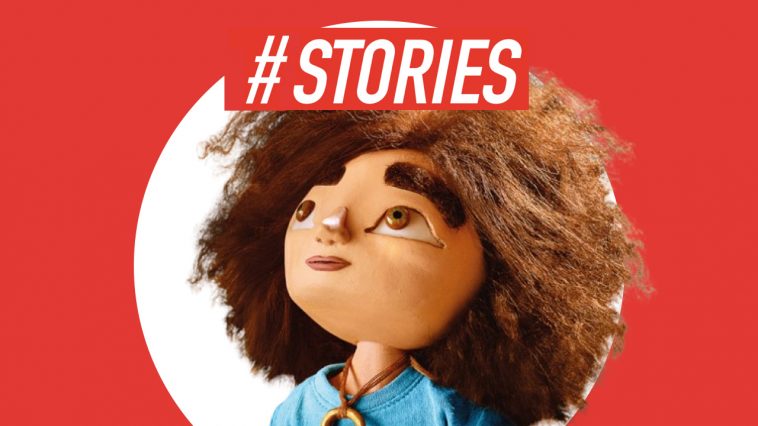





Leave a Comment